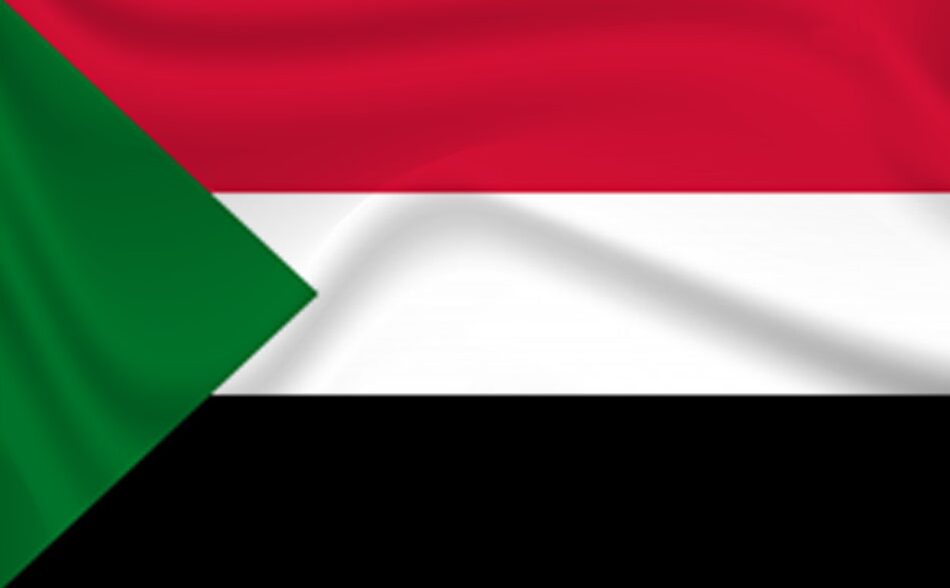Since the coup, divisions among civilian groups in Sudan have become more pronounced, with some calling for an agreement with the authorities, while others are unwilling to even consider a dialogue.
Following military leaders’ and a key civilian block’s announcement to sign an initial deal, thousands of Islamists demonstrated against UN efforts to solve the political crisis.
More than 5,000 Islamists demonstrated in Khartoum Saturday against a UN attempt to resolve the country’s political turmoil sparked by last year’s coup, AFP reporters said.
Military leaders and a key civilian bloc announced plans yesterday to sign an initial deal, just one day after Islamist factions staged demonstrations.
Since being ousted in 2019, controversial Sudanese president Omar al-Bashir was ousted, resulting in a political mess. Since then, army chief Abdel Fattah al-Burhan has led an October 2021 military coup, derailing a fragile transition to civilian rule.
The frequent anti-coup protests, the worsening economic situation, and ethnic violence in Sudan’s remote areas have all contributed to growing unrest.
Outside the UN headquarters in Khartoum, protesters chanted, ‘Don’t interfere in Sudanese affairs.’
People demanded that UN special representative Volker Perthes leave Sudan.
Ahmed Omar said, ‘We are against this deal.’
A dual settlement that leaves out other parties is what protester Mohamed Hasabo criticized the upcoming deal as.
Military leaders met with the Forces for Freedom and Change, the main civilian bloc, on Friday, which was ousted in the 2021 coup.
The FFC said they discussed a potential “political framework agreement” that would “establish a transitional civilian authority if a political
framework agreement is signed”.
The Sudanese sovereign council, headed by Burhan, ratified the scheme.
Representatives from the African Union, the United Nations, the IGAD regional bloc, and Western governments were present at Friday’s talks, according to the sovereign council and the FFC.
Since the coup, civilian groups in Sudan have grown more divided, with some favoring a deal with the military, while others are firm in their opposition to ‘any partnership or negotiation’.



















